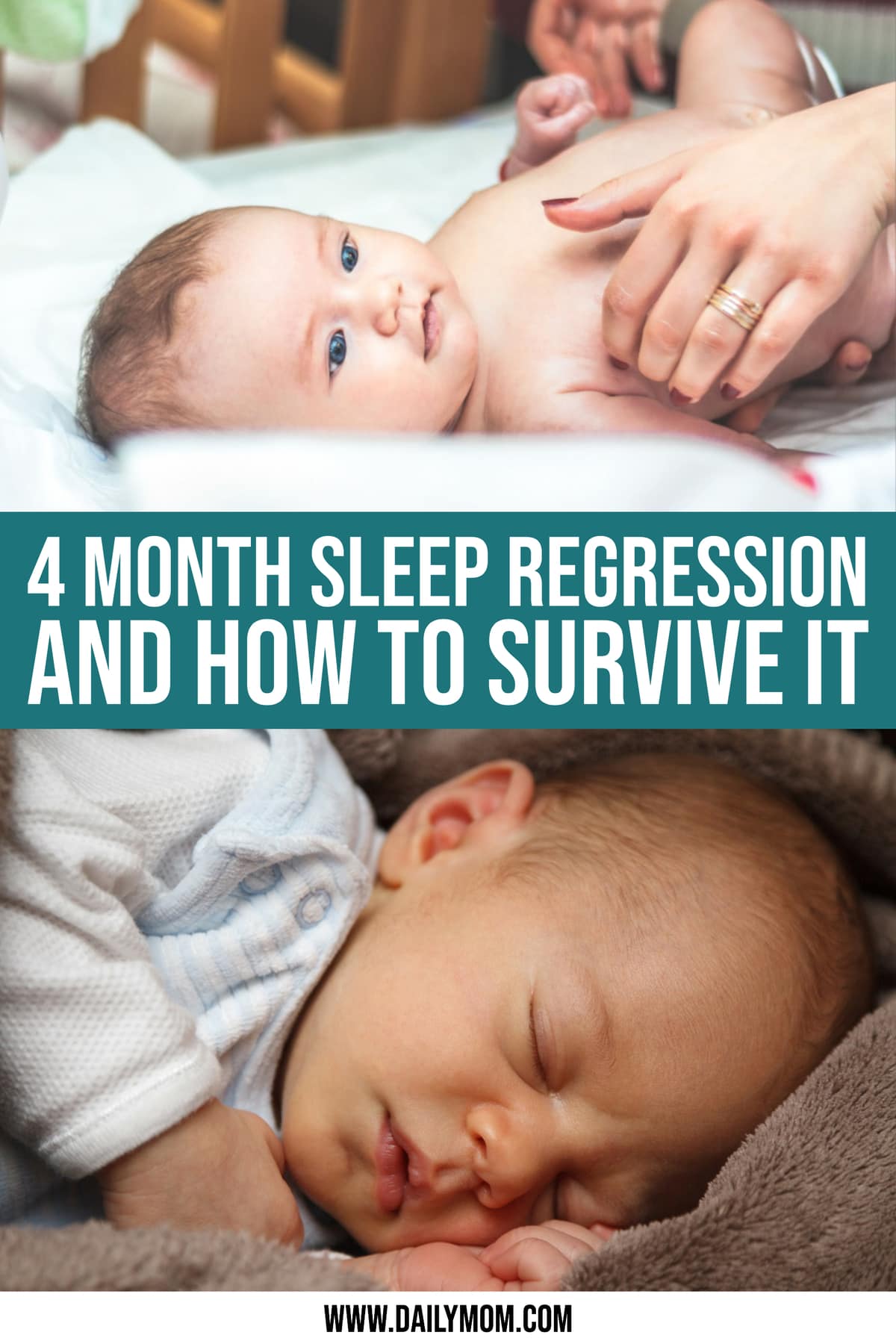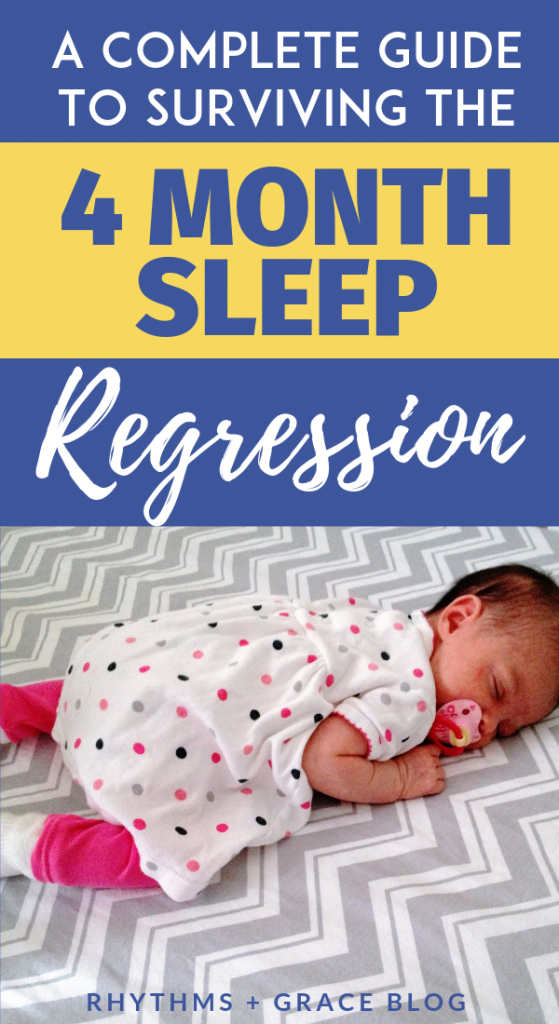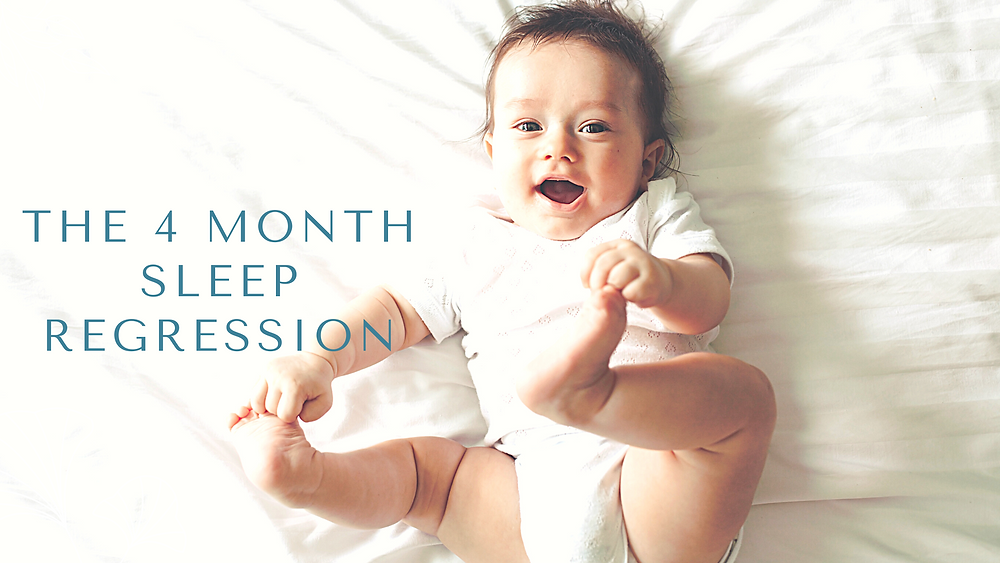Cry It Out 4 Month Sleep Regression

4 Month Sleep Regression And How To Survive It вђ Baby Heath And Care 6. don’t try cry it out sleep training too young. you should always use gentle methods to help your baby learn to sleep well during the newborn stage. even at 4 months – 6 months, you will likely want to go for gentler approaches. 7. don’t night wean at the same time you are using cry it out. Sleep regressions are completely normal and often occur at predictable times during your little one’s first year — including the 4 month sleep regression, which can actually hit any time between 3 and 4 months. it’s also common for sleep regressions to strike at around 6 months, 8 to 10 months and 12 months. these hiccups can happen when.

Everything You Need To Know About The 4 Month Sleep Regression Signs of the 4 month sleep regression usually include one or more of the following: waking a lot at night (even when they used to sleep in long stretches) – waking every 1 to 2 hours at night is common. taking short naps of 20 30 minutes, sometimes 30 45 minutes. can’t be put down awake (or even asleep sometimes!). The 4 month sleep regression typically occurs due to developmental changes in your baby’s sleep cycle. at around four months, your baby’s sleep pattern starts to become more like an adult’s, cycling between light and deep sleep. this transition can result in more frequent wake ups. The 4 month old baby sleep regression can be a challenging time for both you and your baby. remember, this is a temporary phase linked to your baby’s growth and development. patience, consistency, and understanding are your best tools during this period. for all your sleep related queries and concerns, don’t hesitate to turn to sleepbaby.org. At around 4 months, a baby’s brain and body are developing rapidly , and the process of forming and linking different areas of the brain and nervous system may create instability in sleep , referred to as a sleep regression. a newborn needs between 16 and 18 hours of sleep per day , which typically comes in one to three hour segments.

4 Month Sleep Regression What It Is How To Survive It Today Mommy The 4 month old baby sleep regression can be a challenging time for both you and your baby. remember, this is a temporary phase linked to your baby’s growth and development. patience, consistency, and understanding are your best tools during this period. for all your sleep related queries and concerns, don’t hesitate to turn to sleepbaby.org. At around 4 months, a baby’s brain and body are developing rapidly , and the process of forming and linking different areas of the brain and nervous system may create instability in sleep , referred to as a sleep regression. a newborn needs between 16 and 18 hours of sleep per day , which typically comes in one to three hour segments. Babies may experience a sleep regression around the 4 month mark. habits such as fully feeding your baby during the day and keeping the room dark may help. nope, you’re not imagining it, and. 4 month sleep regression signs. at 4 months old, babies need about 15 hours of sleep in a 24 hour period. while there's some variation from child to child, you can generally expect this to play out as nine to 10 hours of sleep overnight, along with four to five hours of daytime sleep spread over three naps.

The 4 Month Sleep Regression Babies may experience a sleep regression around the 4 month mark. habits such as fully feeding your baby during the day and keeping the room dark may help. nope, you’re not imagining it, and. 4 month sleep regression signs. at 4 months old, babies need about 15 hours of sleep in a 24 hour period. while there's some variation from child to child, you can generally expect this to play out as nine to 10 hours of sleep overnight, along with four to five hours of daytime sleep spread over three naps.

Comments are closed.